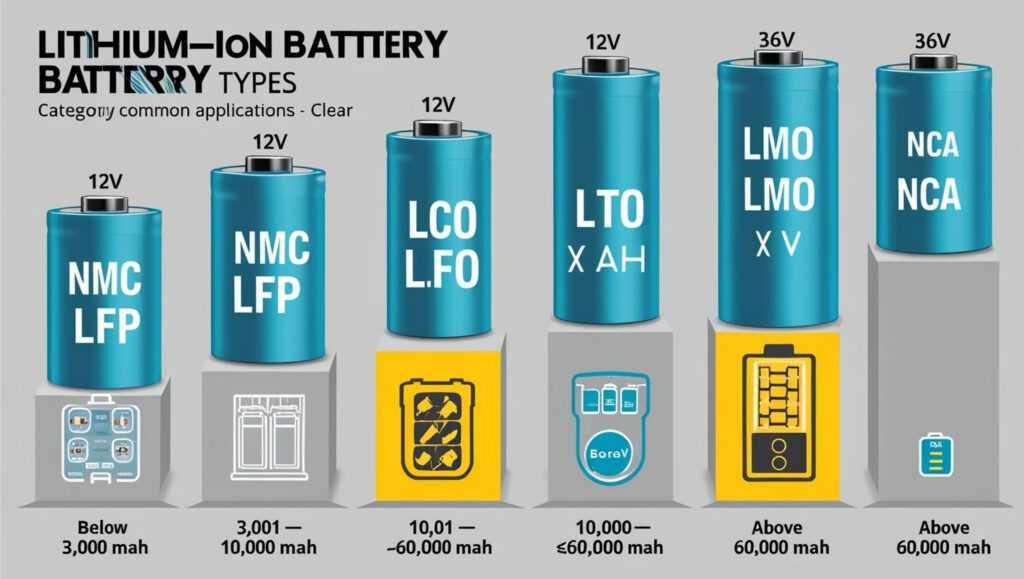The lithium-ion battery market has emerged as a cornerstone in the global shift toward sustainable energy. With applications spanning electric vehicles (EVs), renewable energy storage, consumer electronics, and industrial machinery, lithium-ion batteries are powering the future of energy storage solutions. Their superior energy density, efficiency, and declining production costs have made them indispensable in today’s energy landscape.
Market Growth Fueled by Demand for Electric Vehicles
One of the primary drivers of the lithium-ion battery market is the surging adoption of electric vehicles. Governments worldwide are implementing stringent regulations to curb carbon emissions, which has accelerated the transition from internal combustion engine vehicles to EVs. Lithium-ion batteries, known for their lightweight design and high energy density, have become the preferred choice for EV manufacturers. As a result, the market is witnessing exponential growth, with automakers investing heavily in lithium-ion battery technology to improve range, charging speed, and safety.
Download PDF Brochure @ https://www.marketsandmarkets.com/pdfdownloadNew.asp?id=49714593

According to industry reports, the global lithium-ion battery industry size is expected to grow from USD 56.8 billion in 2023 to USD 187.1 billion by 2032, at a CAGR of 14.2% from 2023 to 2032. This growth is driven not only by EVs but also by the increasing need for efficient energy storage systems for renewable energy integration.
Renewable Energy Integration Boosting Demand
The transition to renewable energy sources like solar and wind has underscored the importance of reliable energy storage solutions. Lithium-ion batteries play a critical role in storing excess energy generated during peak production times and delivering it when demand is high. This capability is vital for stabilizing power grids and ensuring a consistent energy supply. Innovations in lithium-ion technology, such as enhanced battery lifespan and improved thermal stability, are further supporting their adoption in renewable energy projects.
Key Applications in Consumer Electronics and Industrial Use
Apart from EVs and renewable energy, lithium-ion batteries dominate the consumer electronics market. Devices such as smartphones, laptops, and wearable technology rely heavily on lithium-ion batteries for their compact size, long lifespan, and fast charging capabilities. Additionally, industrial applications, including robotics, medical devices, and aerospace, are creating new growth avenues for the market.
Innovations Driving the Market Forward
Technological advancements are playing a pivotal role in shaping the future of the lithium-ion battery market. Researchers and manufacturers are focusing on improving battery performance, enhancing energy density, and reducing charging time. Solid-state lithium-ion batteries, which promise higher safety and energy efficiency, are gaining traction as a potential game-changer. Furthermore, the development of recycling technologies is addressing environmental concerns by enabling the recovery and reuse of valuable materials from used batteries.
Regional Insights and Competitive Landscape
Asia-Pacific dominates the lithium-ion battery market, with countries like China, Japan, and South Korea leading production and innovation. China, in particular, has established itself as a global hub for battery manufacturing, supported by favorable government policies and significant investments in EV infrastructure. North America and Europe are also witnessing substantial growth, driven by increasing EV adoption and renewable energy projects.
Major players in the market include Panasonic, LG Chem, CATL, Samsung SDI, and Tesla. These companies are investing heavily in research and development to maintain a competitive edge and cater to the growing demand for lithium-ion batteries across various sectors.
Challenges and Opportunities
Despite its promising growth trajectory, the lithium-ion battery market faces challenges such as raw material scarcity, high production costs, and environmental concerns related to battery disposal. However, these challenges also present opportunities for innovation, particularly in battery recycling and alternative material development.
The lithium-ion battery market is undeniably driving the future of energy storage solutions. Its role in advancing electric mobility, integrating renewable energy, and powering modern technology underscores its importance in achieving global sustainability goals. As technological advancements continue to enhance battery performance and cost efficiency, the lithium-ion battery market is poised for a transformative impact on the global energy ecosystem.